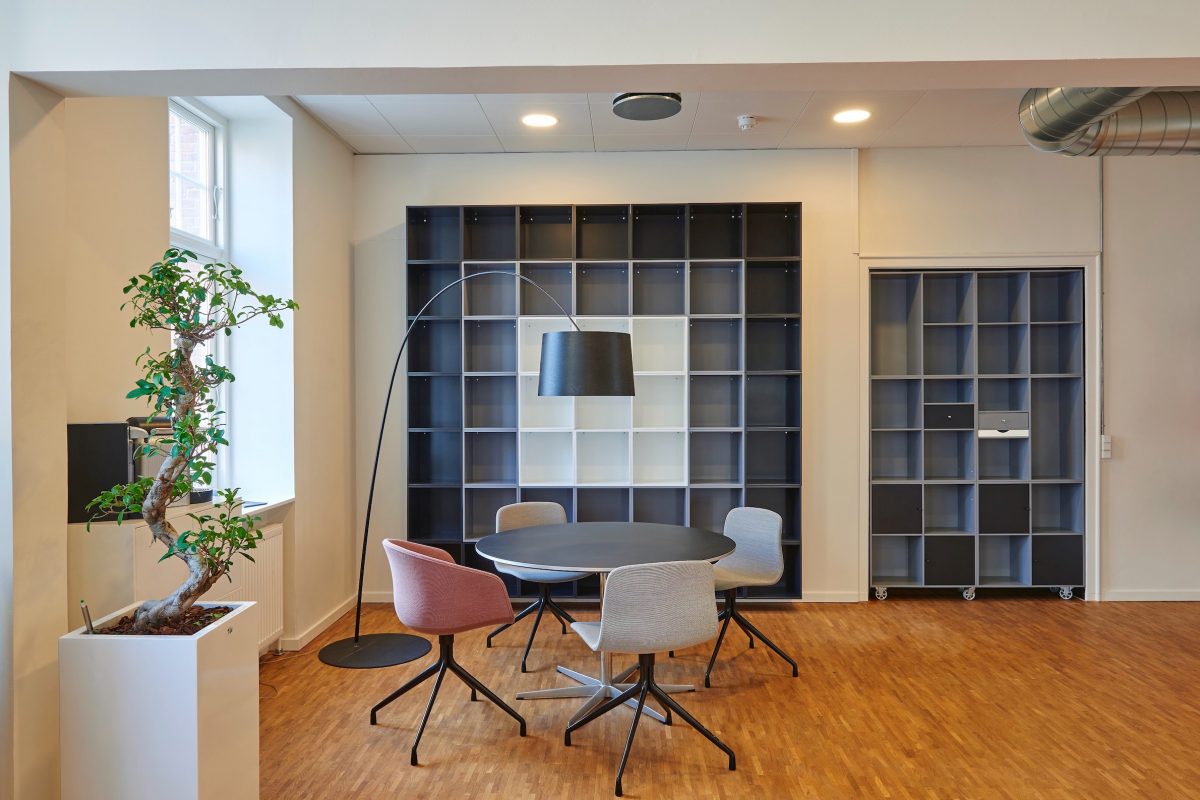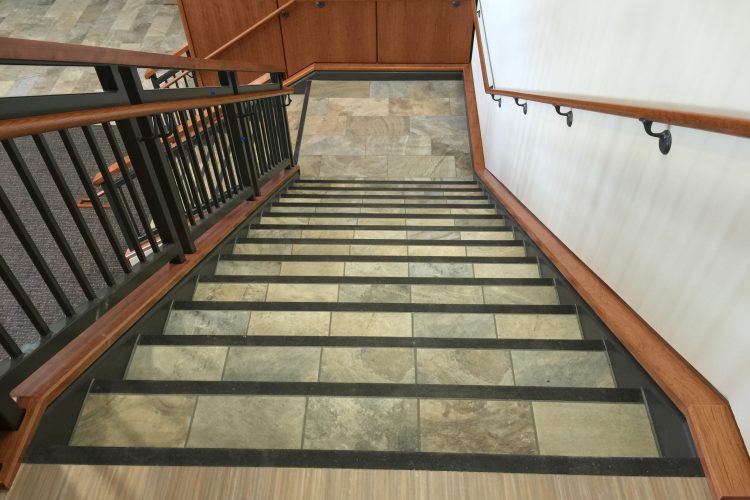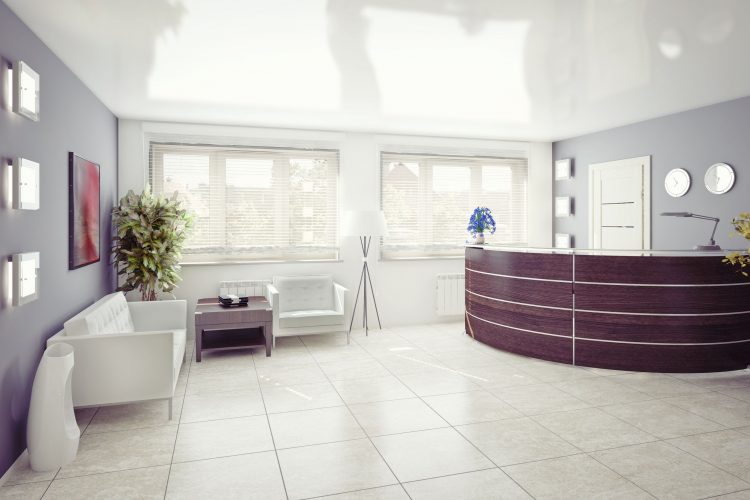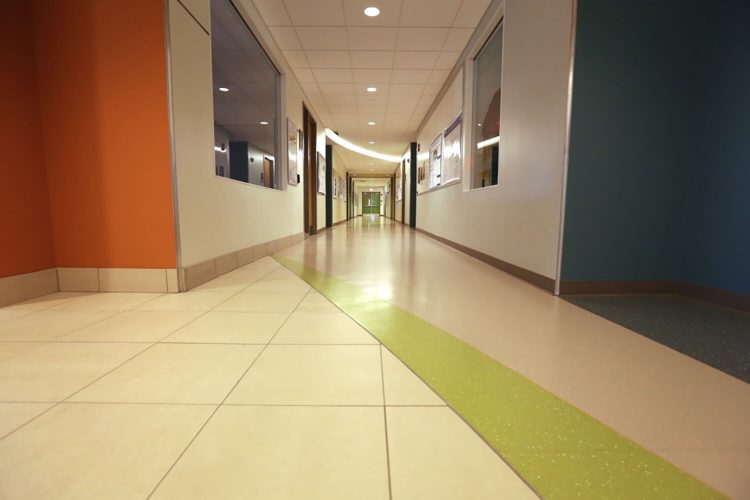Real Hardwood or Engineered Flooring: What’s Best For Your Commercial Space?

Choosing the right building materials is essential to protecting your business’ bottom line.
Before making a final decision, you need to consider the cost, performance, and expected maintenance of any product used in your commercial location.
When it comes to floor surfaces, wood remains a favorite for its natural warmth and character, but not all variants are created equal.
Learn the differences between engineered planks and true hardwood flooring to determine which best suits your space.
Hardwood Flooring vs. Engineered Planks
Selecting the right type of flooring starts with considering the type of foot traffic you expect to see on a day-to-day basis.
For example, highly-trafficked areas call for more upkeep to keep floors looking their best. Real hardwood can be sanded down and refinished more often than its engineered counterpart, but the tradeoff is that it tends to require such maintenance.
Engineering wood allows for greater control over the material’s makeup. This means that planks can be produced with their wood fibers all running in one single direction, absent the variances that allow hardwood to warp, swell, or shrink when moisture sets in.
Coupled with a factory-installed finish, this results in a product that’s generally more durable, although less ideal when it comes to making aesthetic changes.
Analyzing Costs
Any conversation about building upgrades usually starts and ends with cost analysis.
If you’re looking for the authentic look and feel of natural wood, at the end of the day, engineered products probably won’t satisfy.
But before making a commitment, keep these factors in mind:
- Hardwood can be more affordable in terms of raw materials, but usually requires finishing.
- Natural wood planks generally require more specialized installation.
- Engineered products can provide comparable durability.
Installation Process
Installing real hardwood tends to be a more costly process, as planks typically must be stapled or nailed down to the substrate beneath.
Think twice before utilizing adhesives instead, as their natural moisture content can present swelling problems.
Engineered flooring, conversely, can be installed over the top of existing surfaces, which can result in a quicker and more cost-effective implementation.
Professional Results
Your commercial building is a big part of the first impression you convey to clients, so make sure you’re putting your best foot forward every day.
Contact us today and let us help transform your location with expert installation of beautiful, durable materials. Whether you’re considering engineered surfaces or real hardwood flooring, we have the knowledge and experience to provide the high-quality results you expect.
Related Posts

Durable Commercial Flooring: Everything You Need to Know About Different Types

Commercial Porcelain Tile: Why It’s a Great Option Compared to Ceramic Tile

